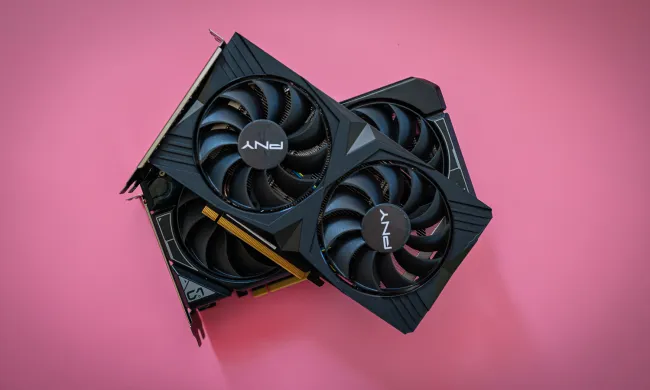 Anyone with a young child, niece or nephew will know the ease with which they take to devices like smartphones and tablets. Within minutes they seem to have the hang of it, swiping, pinching, and possibly even purchasing a few things they shouldn’t be.
Anyone with a young child, niece or nephew will know the ease with which they take to devices like smartphones and tablets. Within minutes they seem to have the hang of it, swiping, pinching, and possibly even purchasing a few things they shouldn’t be.
A recent study by Common Sense Media looked at the use of mobile devices by children in the US, as well as other screen media in the home. It found that many children now spend more than triple the amount of time engaged with screen media than they do with books. Although the use of mobile devices is increasing among children, it’s the television that still dominates the lives of many.
According to the results of the study, 53 percent of all children have access to a mobile device such as a smartphone or tablet computer, with 20 percent of all parents having downloaded apps specifically for their children to use.
Apparently 10 percent of 0- to 1-year-olds have used a mobile device, though beyond dribbling over it and sitting on it, it’s not certain what benefit they actually get from it.
In a typical day, the results found that 11 percent of all 0- to 8-year-olds use a mobile device, spending an average of 43 minutes doing so.
Computers are also widely used, with 22 percent of 5- to 8-year-olds using one at least once a day, and 46 percent at least once a week.
The study also found that:
– there exists a significant digital divide. Although 72 percent of 0- to 8-year-olds have a computer at home, access to it ranges from 48 percent among those from low-income families (under $30,000 a year) to 91 percent among higher-income families (over $75,000 a year).
– an “app gap” has also developed. Only 14 percent of lower-income parents have ever downloaded apps for their children to use, compared to 47 percent of higher-income parents. Thirty-eight percent of lower-income parents say they don’t even know what an app is, compared to just 3 percent of higher-income parents.
– In a typical day, the study found, 47 percent of babies aged between 0 and 1 watch television or DVDs, and of those, an average of almost two hours (1hr 54mins) is spent doing so.
– Almost one in three (30 percent) of children aged between 0 and 2 has a television in their bedroom.
– Children aged between 0 and 8 spend an average of 1hr 44mins a day watching television or DVDs, compared to only 29 minutes reading books or having stories read to them.
The purpose of Common Sense Media’s study is to provide those concerned with promoting healthy child development – such as educators, pediatricians and public health advocates – with reliable information about media use among children.
Almost 1,400 parents with children aged between 0 and 8 were questioned in the study.
[Image: 26kot / Shutterstock]


